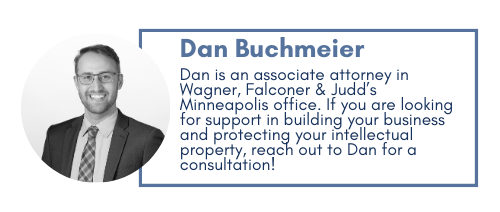Looking Back, Moving Forward: Your 2025 Compliance Playbook
As 2024 draws to a close, we want to reflect on the critical legal developments of the past year and prepare for the challenges and opportunities ahead. This year has been marked by significant changes across employment law, compliance regulations, and workplace standards. Staying informed is no longer optional-it’s essential to protect your business and foster growth.
Key Legal Updates from 2024

FTC’s Nationwide Non-Compete Ban
While a Texas federal judge blocked the FTC’s non-compete ban, the regulatory environment remains dynamic. The FTC is likely to appeal, and the state-specific restrictions on non-compete agreements continue to evolve. Employers must tread carefully, especially with the NLRB’s increased focus on these agreements.
DOL Salary Threshold Adjustments
Changes to salary threshold rules have created new challenges for employers. While some salary adjustments may no longer be required, rolling back pay increases could impact employee morale. Employers should remain aligned with current legal standards and future appeals.

OSHA Updates
Enhanced workplace safety standards were introduced, including updated heat illness prevention rules and compliance requirements for indoor workplaces.
State-Specific Legislation
From California’s expanded whistleblower protections to Minnesota’s updates on wage transparency and classification laws, states have been highly active in updating employment regulations. Many of these laws take effect in early 2025, such as Minnesota’s minimum wage increase and job posting pay range requirements.
Preparing for 2025
The new year brings stricter requirements and evolving expectations, such as salary transparency laws in Massachusetts and Vermont, expanded leave protections in Connecticut, and revised minimum wage standards across several states. Employers must remain proactive to avoid penalties and ensure compliance.

Why Partner with WFJ?
At WFJ, we understand that navigating these complex changes can be overwhelming. Our team of experts is here to provide tailored solutions, helping you:
- Monitor regulatory changes and asses their impact on your business.
- Update workplace policies and agreements to align with federal and state laws.
- Foster a compliant and motivated workforce while mitigating risks.
With WFJ as your trusted partner, you’ll stay ahead of the curve in 2025 and beyond. Together, we can safeguard your business, ensuring you remain compliant while building a strong foundation for future success.
Let’s Get Started
Don’t let compliance challenges hold you back. Contact WFJ today to schedule a consultation with our Compliance Center and prepare for a legally secure 2025.









